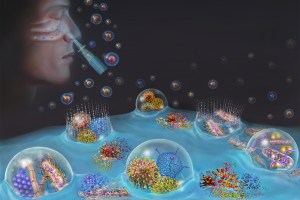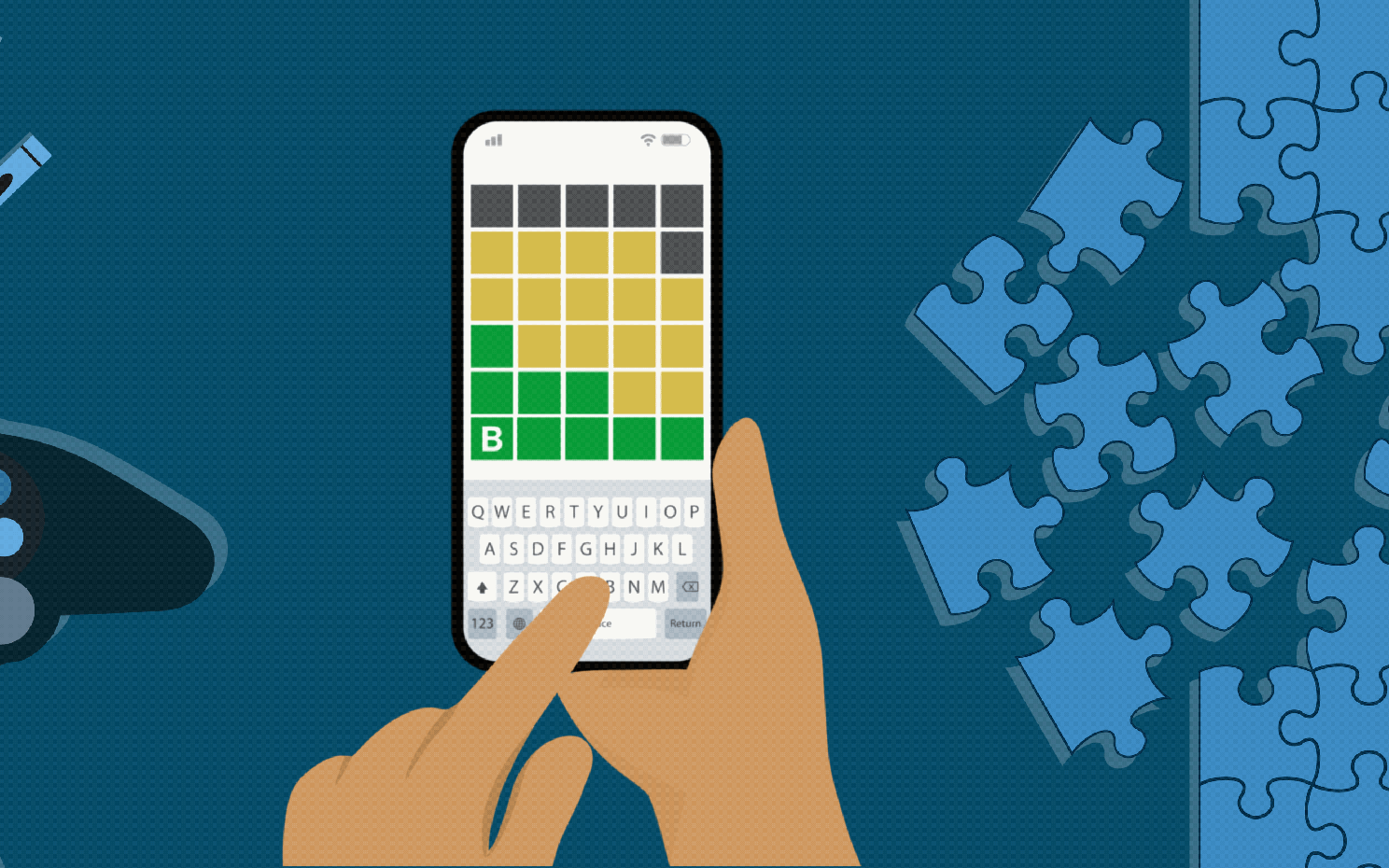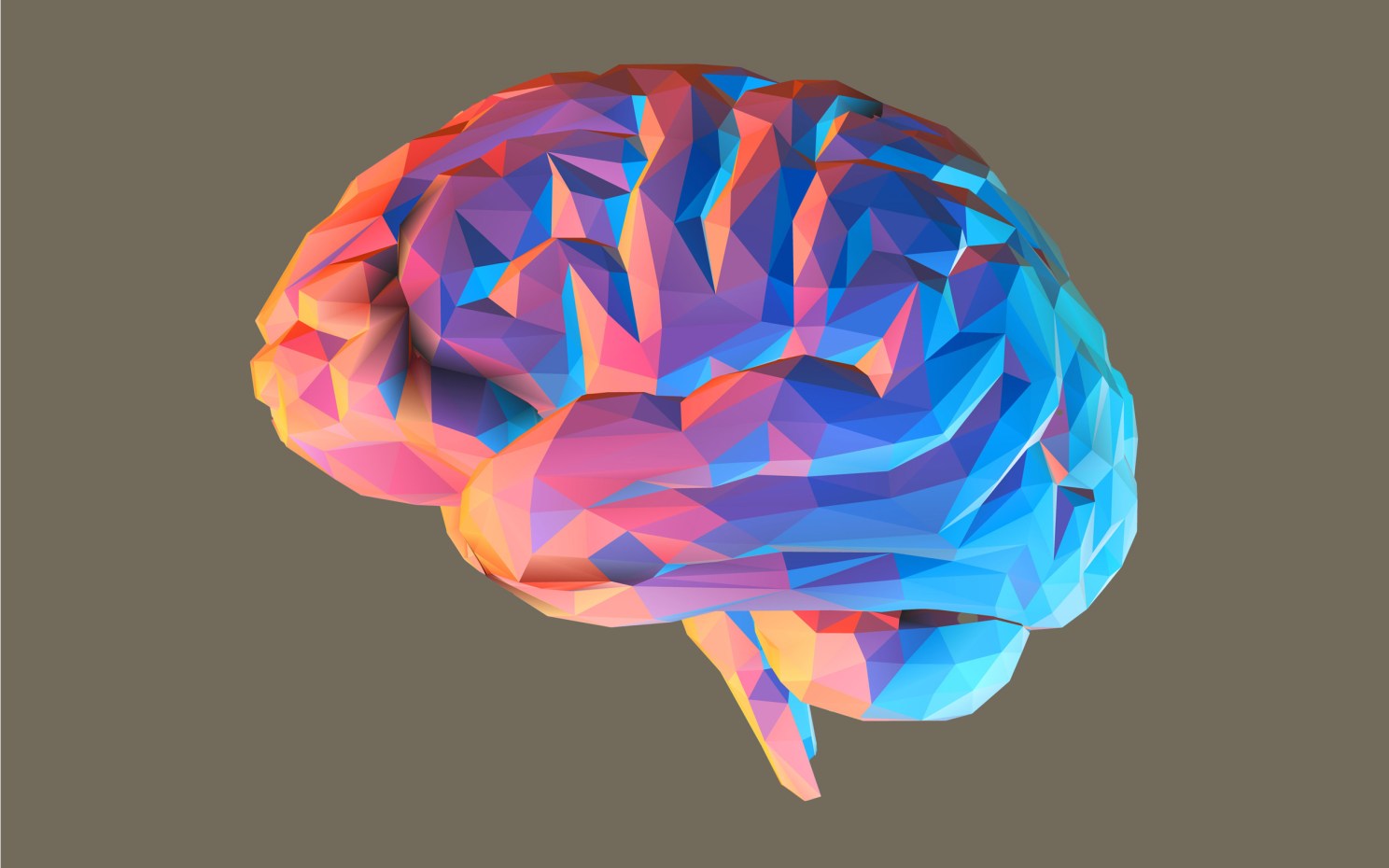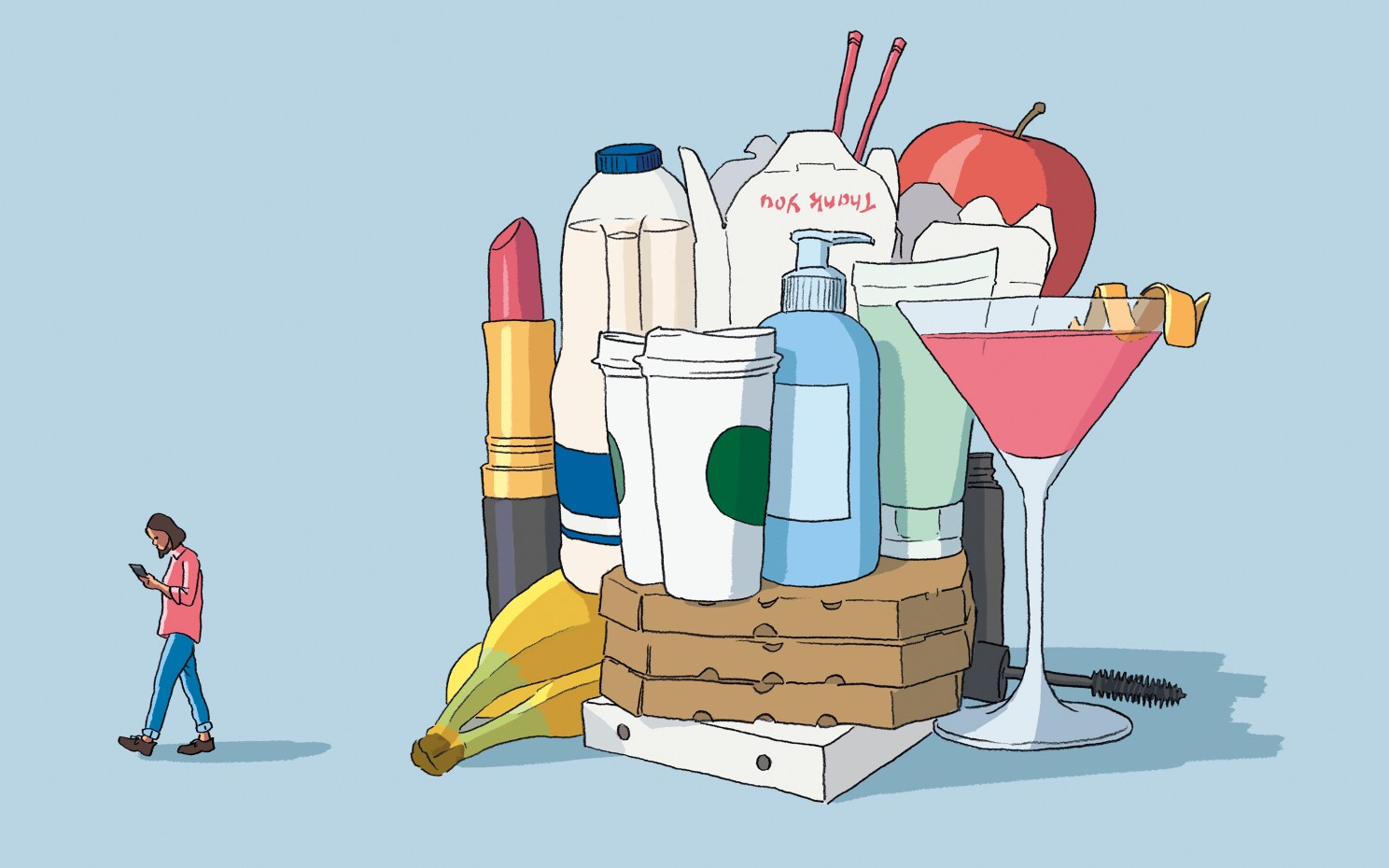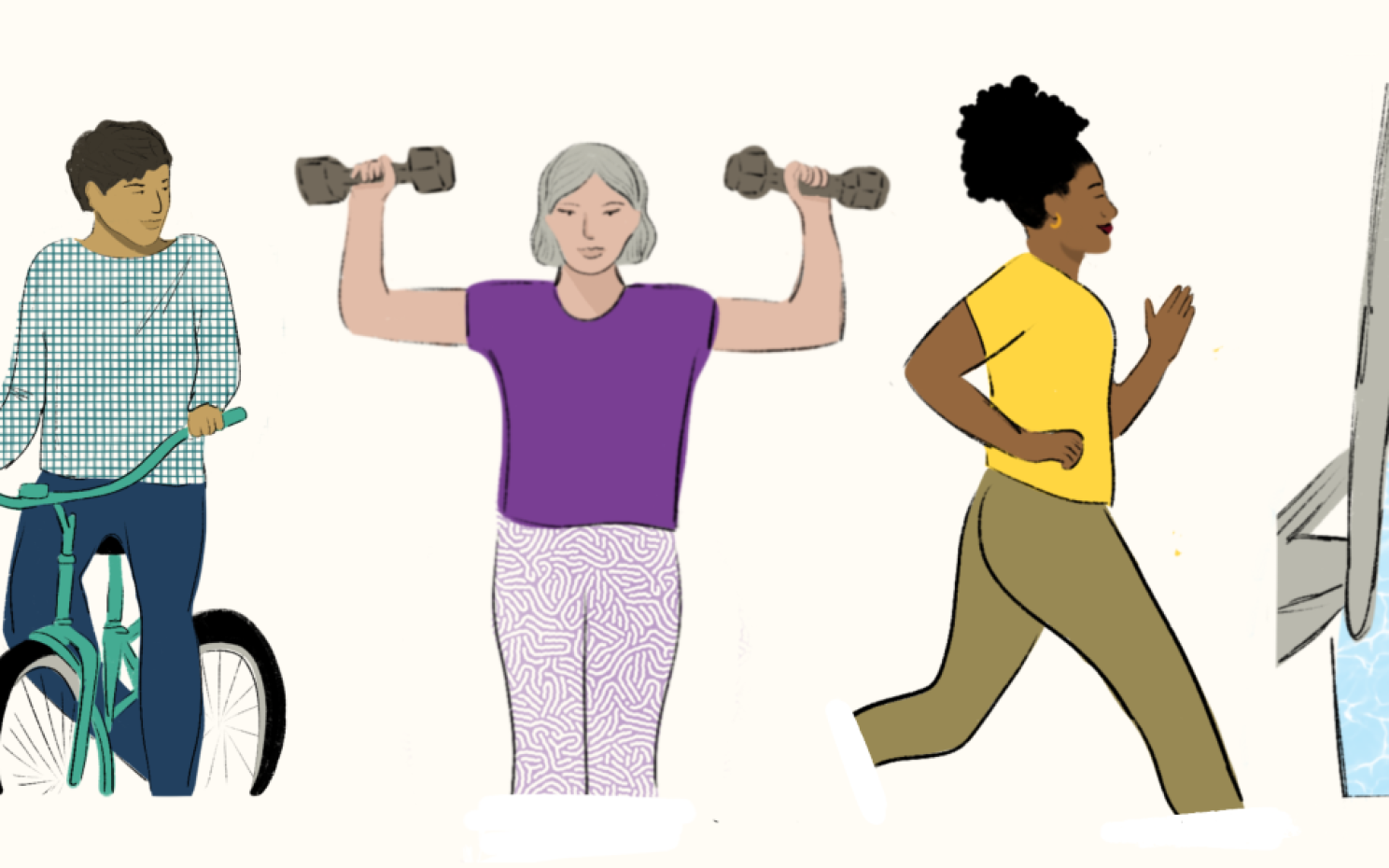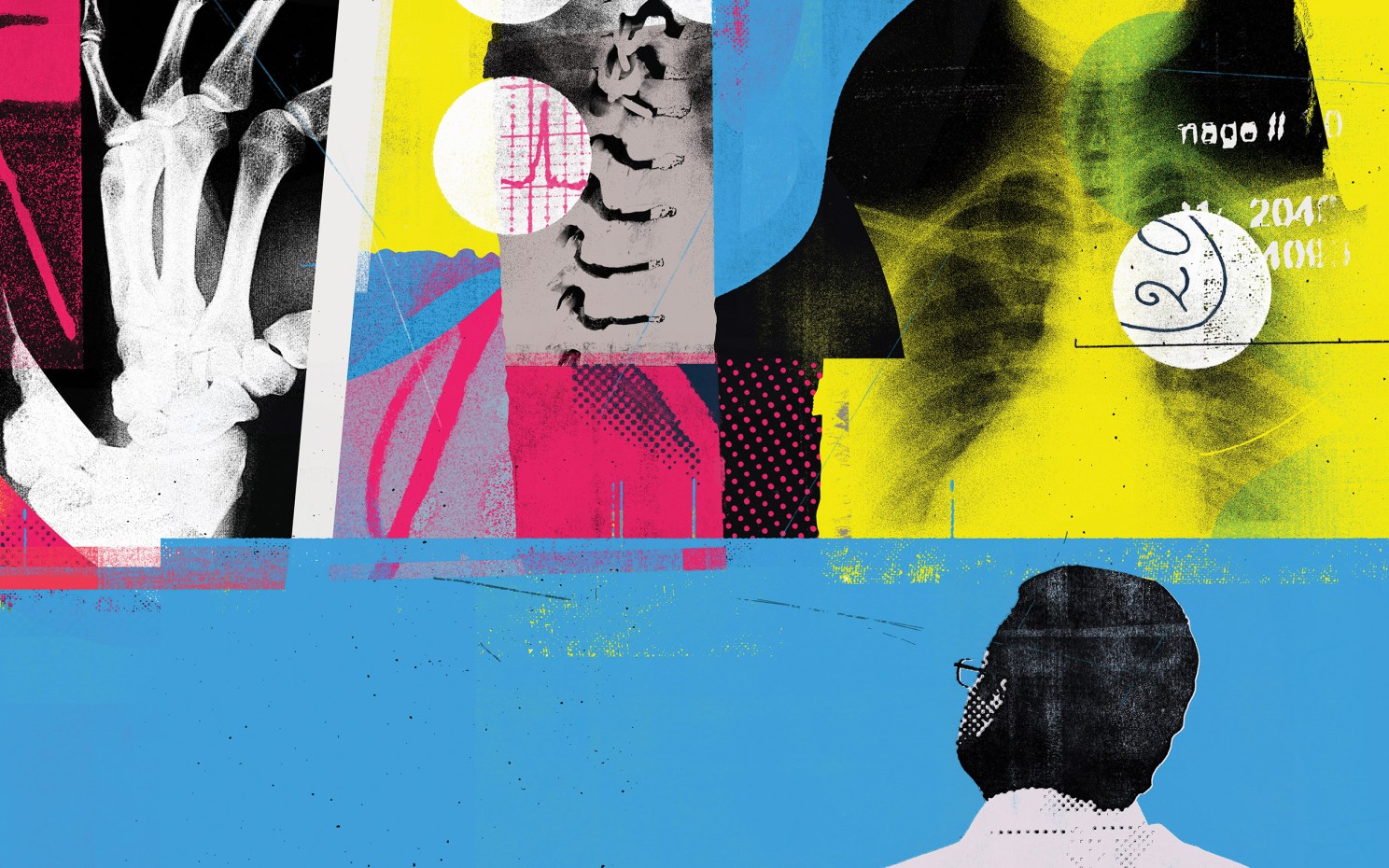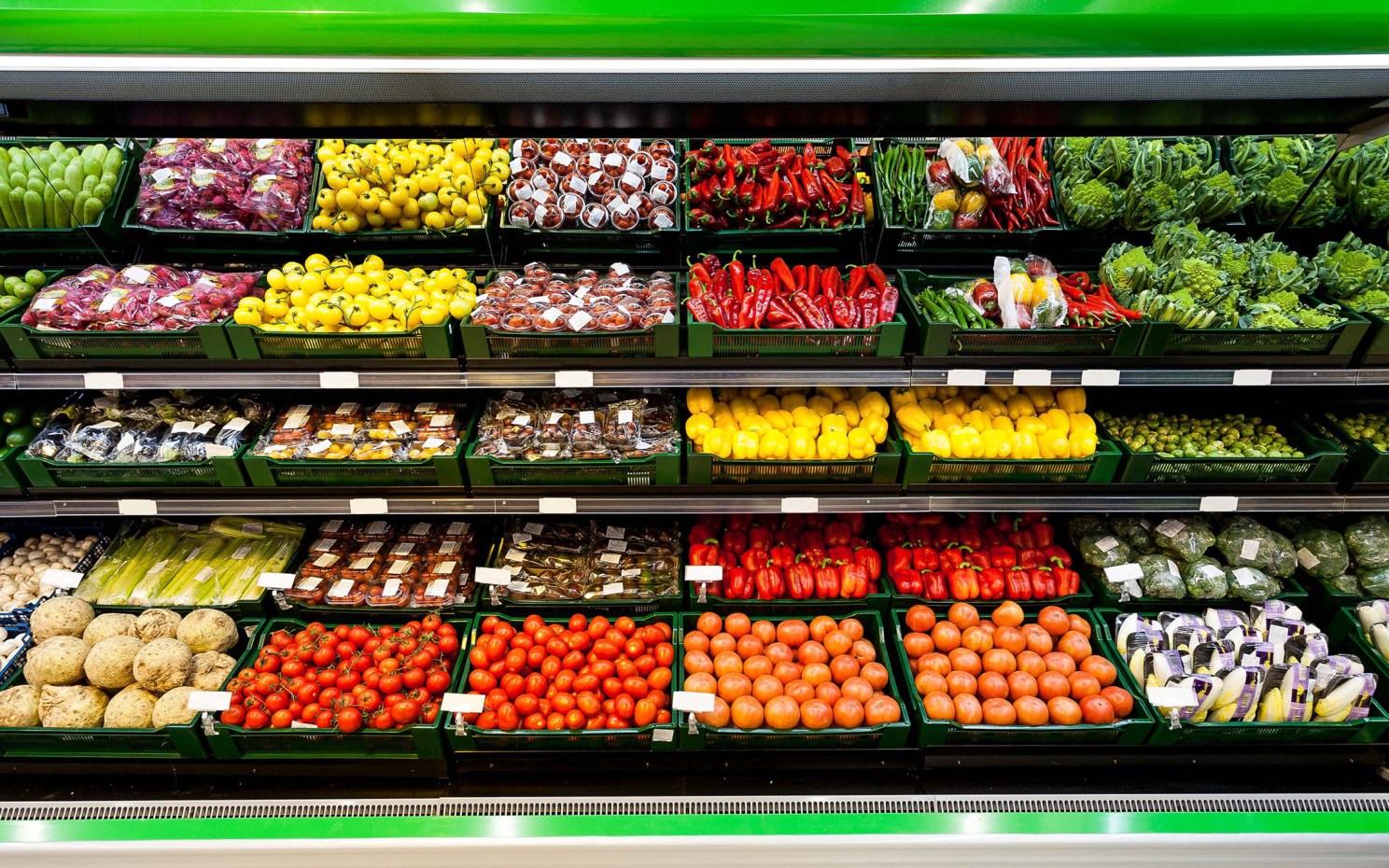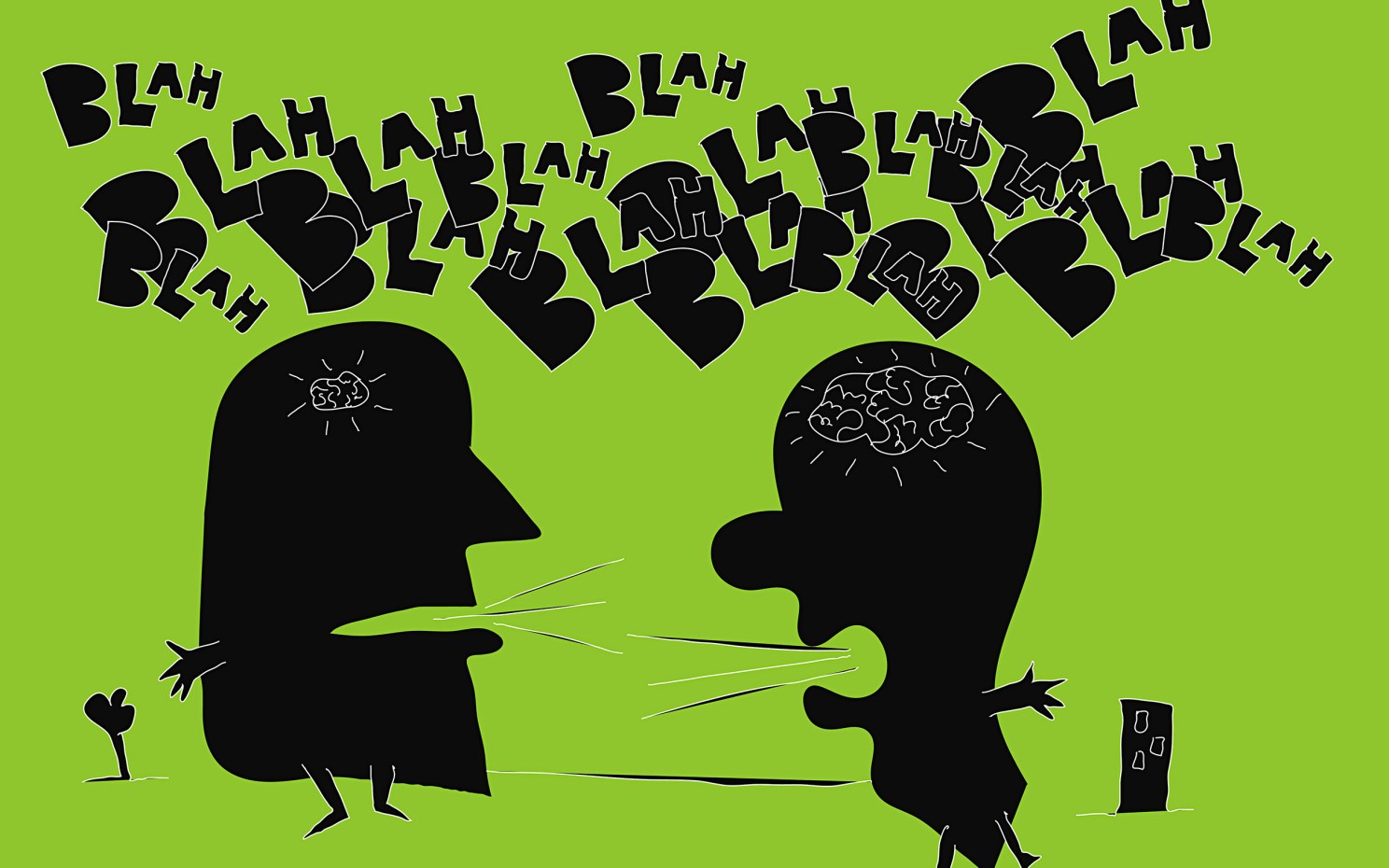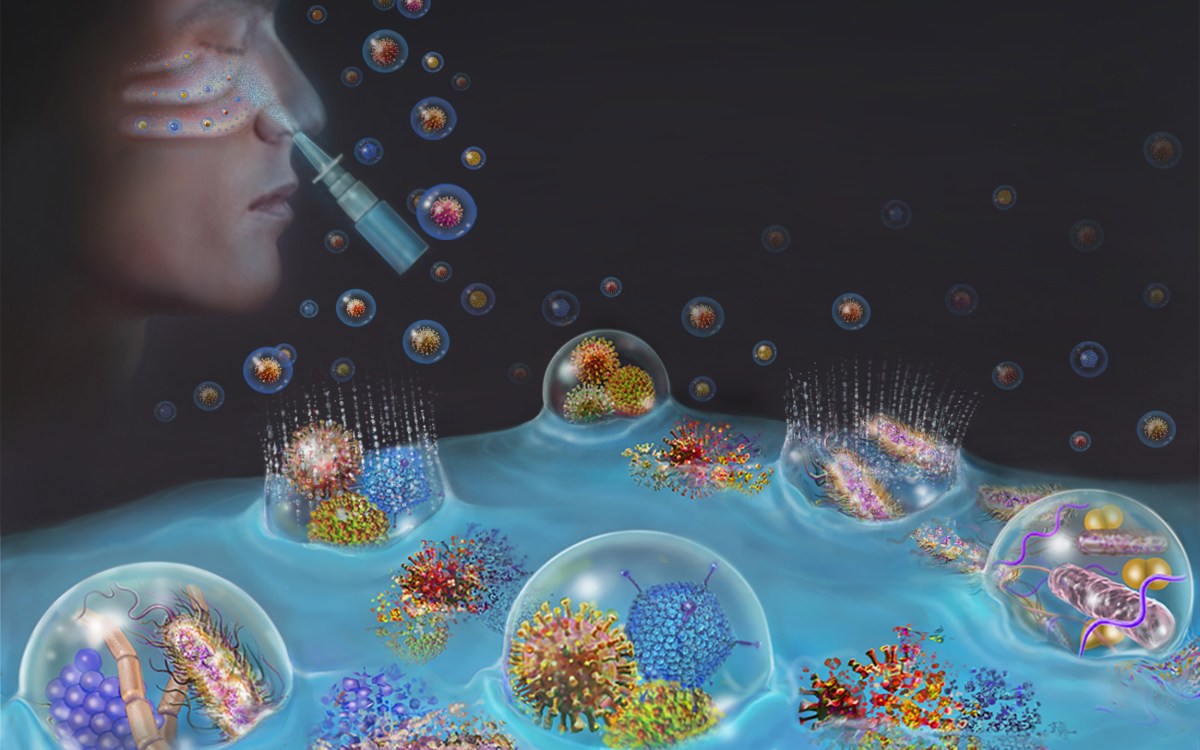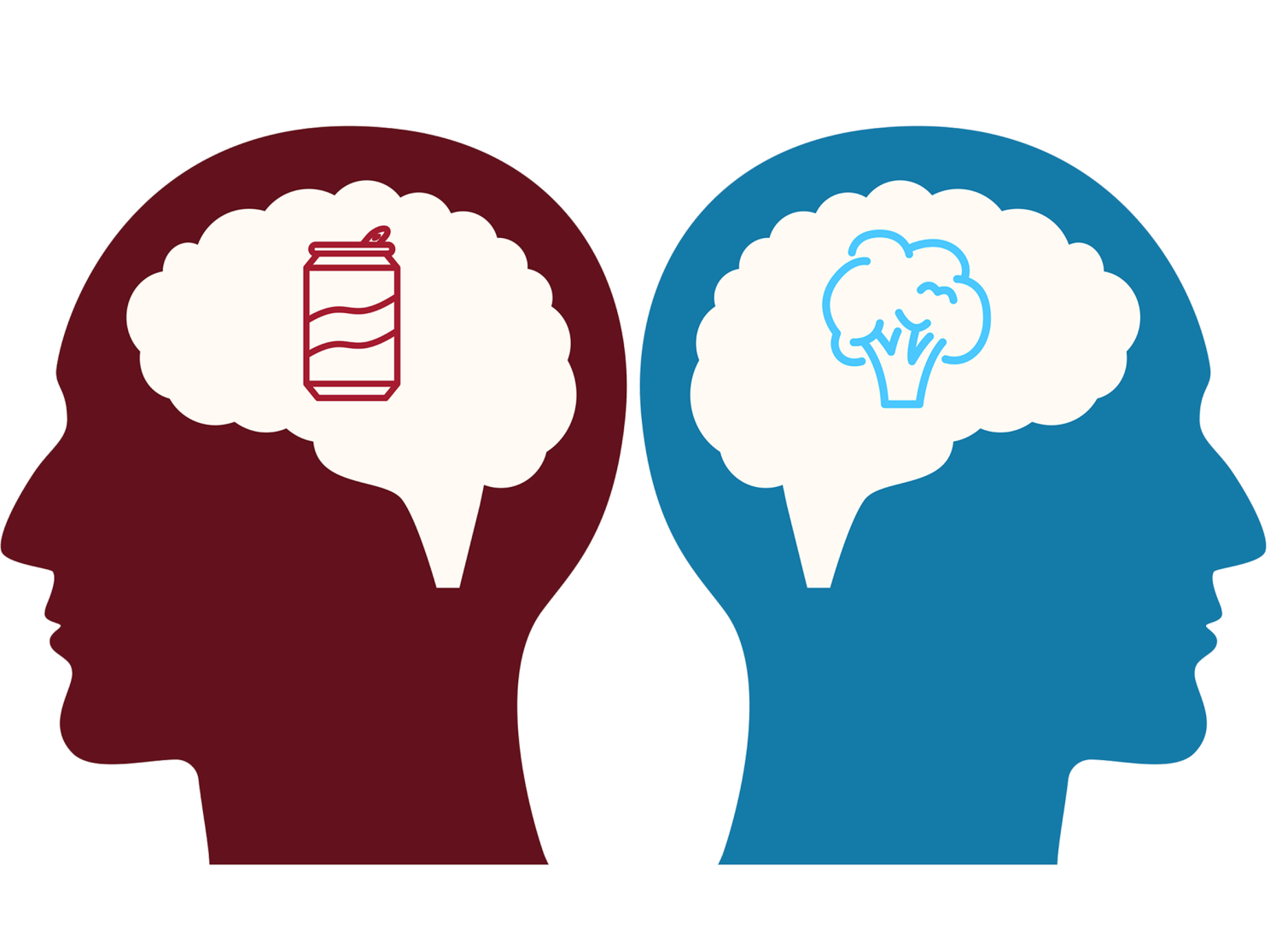
Illustration by Liz Zonarich/Harvard Staff
Soda is bad for you yet your body wants it. Why?
Psychiatrist explains why we crave junk food — and how to cultivate healthier eating habits
Part of the Wondering series
A series of random questions answered by Harvard experts.
Uma Naidoo is an instructor in the Department of Psychiatry at Harvard Medical School and the author of the books “This Is Your Brain on Food” and “Calm Your Mind with Food.” We asked her why we experience junk food cravings and how we can stop them.
If we think about food through an evolutionary lens, our ancestors lived in environments where food was scarce, and therefore energy-dense foods that were high in calories, fat, and sugar were valuable for survival. But in those times, the food that was available might have been fruits, berries, nuts, seeds; foods that were nutrient-dense, not energy-dense. What has happened in modern times is that previously healthy whole foods have been largely replaced by ultra-processed foods, which are high in pure sugar, high-fructose corn syrup, salt, and the wrong types of fats.
The reasons that our bodies crave these foods is because they are loaded with ingredients that tap into the pleasure centers in our brain.
The reasons that our bodies crave these foods is because they are loaded with ingredients that tap into the pleasure centers in our brain, the so-called dopamine reward pathway, which is the same pathway that street drugs like cocaine tap into. When we consume ultra-processed foods that are highly palatable, such as highly sugary foods or sodas and so on, the dopamine, which is the feel-good neurotransmitter, makes you feel better in the short term, and it reinforces that loop of you wanting to eat it again. People focus on the short-term effect and dismiss the long-term consequence: Junk food damages the gut microbiome and harms your mental health. It causes inflammation, lowers your mood, and increases your anxiety.
The problem is compounded when people feel stressed and anxious, and they reach out for a bag of candy or a bag of chips. The stress precipitates habit circuits in the brain.
When we crave junk foods, along with the anticipatory release of dopamine in the brain, our stomach is producing ghrelin, known as the hunger hormone, which makes us seek out that calorie-dense junk food. And after we satisfy our craving, dopamine is released again, which creates this positive reinforcement loop. There is another neurotransmitter at play, serotonin, also called the happiness hormone. Some of the foods that we crave are loaded with carbohydrates, which can increase serotonin. In the short term, these foods can make us feel slightly better, but it’s a temporary mood boost followed by a letdown that makes us feel depressed and anxious. Another neurochemical in action is the hormone leptin, which signals our body that we should stop eating. But ultra-processed foods can interfere with the signaling, especially if people consume ultra-processed foods all the time because the hormone simply stops working. People can develop something called leptin resistance, which can lead to overeating.
In the short term, these foods can make us feel slightly better, but it’s a temporary mood boost followed by a letdown that makes us feel depressed and anxious.
Fast-food companies spend millions of dollars in research and development to make these foods hyper palatable. Because let’s face it, when people have cravings, they don’t crave broccoli or a healthy salad; they usually crave candy, ice cream, cake, and the like. Companies invest a lot in artificial flavors, food colorings, dyes, and preservatives to enhance the foods’ taste and the appearance. They engineer food by focusing on the smell, the crunch factor, the texture, the taste, and the colorful look and appeal.
Food companies are not going to stop doing what they do. It’s up to the consumers to make those decisions. One of the first steps is eat the orange instead of the store-bought orange juice, which has the fiber removed and often sugars added to it. When you eat whole food, you’re increasing fiber in your diet, which is not only filling, but it also reduces and lowers your cravings. Another easy step is making sure that you’re adequately hydrated. The hunger and thirst centers often get confused in the brain. I often say to people that when they’re craving junk food, they should drink a glass of water.
— As told to Liz Mineo/Harvard Staff Writer


